Alzheimer’s Studies and Trials
Welcome to the ATRI Clinical Trials and Studies page.
Here’s how to get started:
- Find an actively enrolling study
Browse our list of open trials below to see what’s currently recruiting participants. Each listing shows the Studies’ title, a brief overview, and enrollment status. - Learn more about any Study
Click on a Study of interest to view full details—including eligibility criteria, Study procedures, and time commitment—so you can determine if it’s right for you. - Enroll directly with the study team
Ready to join? If actively enrolling, click Actively Enrolling on the Study listing to be taken to that Studies’ website, where you can complete their secure registration and enrollment process.
If you have questions at any point—or don’t see a study that fits your needs—reach out to us directly. Fill out our contact form or give us a call at (858) 964-4644. We’re here to help you every step of the way.
Reset Filter

Actively Enrolling
55+, Normal Memory, Observational - In Person
APEX Study
The Alzheimer’s Plasma Extension (APEX) Study is a multicenter, observational study on Alzheimer’s disease (AD) related brain changes being conducted by Brigham and Women’s Hospital and University of Southern California…
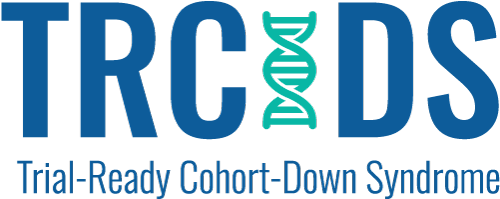
Actively Enrolling
25-55, Normal Memory, Observational - In Person
Trial-Ready Cohort- Down Syndrome (TRC-DS)
The Trial-Ready Cohort- Down Syndrome (TRC-DS) aims to enroll 450 non-demented adults (ages 25-55) with Down syndrome (DS) into a trial ready cohort (TRC). Participants enrolled in the TRC-DS will…
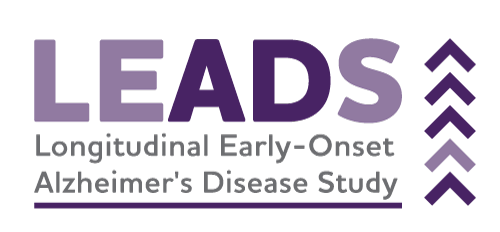
Actively Enrolling
40-64, Memory Impairement, Normal Memory, Observational - In Person
Longitudinal Early-Onset Alzheimer’s Disease Study (LEADS)
The LEADS study – or the Longitudinal Early-Onset Alzheimer’s Disease Study (LEADS) explores the development of early-onset Alzheimer’s disease and how it compares to the more common late-onset Alzheimer’s disease.…

Actively Enrolling
50+, Normal Memory, Observational - Online
Alzheimer Prevention Trials (APT) Webstudy
If you are 50 years of age or older, you can monitor your own cognitive health by participating in the Alzheimer Prevention Trials (APT) Webstudy. The APT Webstudy is designed…

Actively Enrolling
50-85, Clinical Trial, Memory Impairement
Synaptic Therapy Alzheimer’s Research Trial
This study is investigating whether CT1812, a novel and promising therapeutic candidate can halt or slow the process of Alzheimer’s disease. The START Study is a nationwide clinical trial and…

Actively Enrolling
40+, Clinical Trial, Memory Impairement
Life’s End Benefits of Cannabidiol and Tetrahydrocannabinol (LiBBY)
Approximately fifty percent of people diagnosed with Alzheimer’s disease or other types of dementia will receive hospice care at the end of their life. Of these, over seventy percent will…
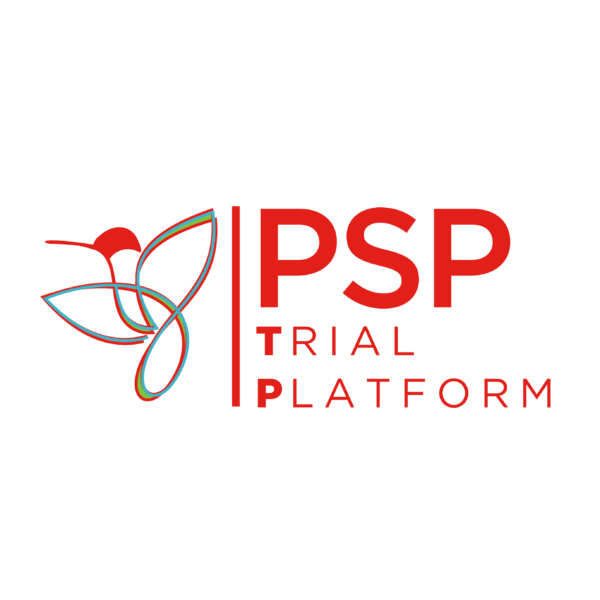
Active – Coming Soon
Progressive Supranuclear Palsy Clinical Trial Platform (PTP)
Progressive Supranuclear Palsy (PSP) is a severe neurodegenerative disease for which there are currently no effective treatments. The study aims to determine the safety, tolerability, and clinical proof of concept…
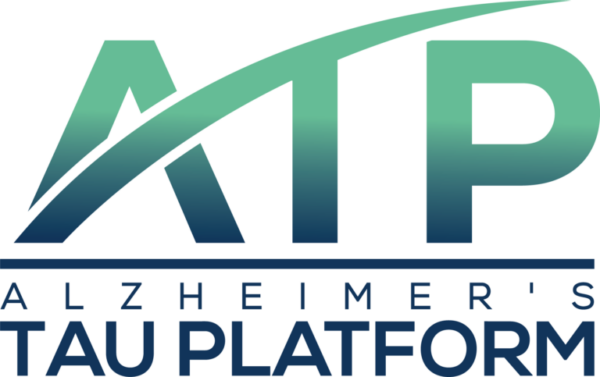
Active – Coming Soon
Clinical Trial, Memory Impairement
Alzheimer’s Tau Platform (ATP) Study
Tau protein is an important target in Alzheimer’s disease (AD), and there is now strong evidence that tau in brain is closely linked to worsening of cognition and other symptoms. The…

Screening Closed
55-80, Clinical Trial, Normal Memory
AHEAD Study
AHEAD Study is a global multicenter clinical trial aimed at preventing memory loss due to Alzheimer’s disease, designed and conducted by the Alzheimer’s Clinical Trials Consortium (ACTC) in collaboration with…

Active – Fully Enrolled
50-90, Memory Impairement, Normal Memory, Observational - In Person
Alzheimer’s Disease Neuroimaging Initiative (ADNI)
The Alzheimer’s Disease Neuroimaging Initiative (ADNI), a landmark study that began in 2004, is a public-private research partnership tasked with identifying biomarkers to detect Alzheimer’s disease (AD). The study has…

Active – Fully Enrolled
65+, Normal Memory, Observational - In Person
The ADNI-Depression Project (ADNI-D)
The ADNI-Depression Project (ADNI-D) enrolled 120 participants who were experiencing symptoms of depression. The goal of the study is to determine whether imaging of the brain can help predict the…
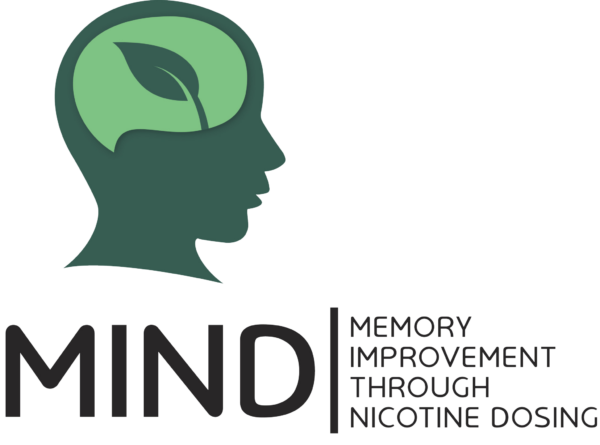
Active – Fully Enrolled
55+, Clinical Trial, Memory Impairement
Memory Improvement Through Nicotine Dosing (MIND)
The purpose of the Memory Improvement Through Nicotine Dosing (MIND) study is to determine whether daily transdermal nicotine (patch) will have a positive effect on early memory impairment in participants…

Completed
65-85, Normal Memory, Observational - In Person
The LEARN Study
The LEARN study was funded by the Alzheimer’s Association to support the Longitudinal Evaluation of Amyloid Risk and Neurodegeneration (LEARN) study. The LEARN study is a companion study to the…

Completed
65-85, Clinical Trial, Normal Memory
A4 Study
The landmark Anti-Amyloid Treatment in Asymptomatic Alzheimer’s study (A4 Study) enrolled 1,169 healthy older adults with normal memory but who might be at risk for Alzheimer’s due to family history…

Completed
55-85, Clinical Trial, Memory Impairement
SNIFF
The purpose of the SNIFF study is to find out whether a type of insulin, when administered as a nasal spray, improves memory in adults with a mild memory impairment…

Completed
55-85, Clinical Trial, Memory Impairement
Connect
The Connect study tested whether an oral, experimental drug, AZD0530 (saracatinib), would slow progression in early stage Alzheimer’s disease (AD). In its early stage after the medical diagnosis of Alzheimer’s…

Completed
50-90, Normal Memory, Observational - In Person
DOD ADNI
The purpose of DOD ADNI is to examine the possible connections between Traumatic Brain Injury (TBI) and Posttraumatic Stress Disorder (PTSD), and the signs and symptoms of AD on Veterans…
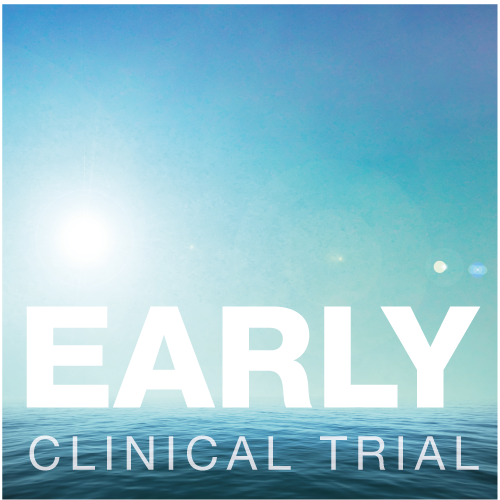
Closed
60-85, Clinical Trial, Normal Memory
EARLY Trial
The EARLY Trial was looking to determine the Efficacy and safety of atabecestat in participants who are Asymptomatic at Risk for developing Alzheimer’s dementia. The study sponsor, Janssen, sought to…

Completed
50-85, Normal Memory, Observational - In Person
Trial Ready Cohort for the Prevention of Alzheimer’s Dementia (TRC-PAD)
Those identified to have a potential increased risk for memory loss caused by Alzheimer’s disease were referred from the APT Webstudy (above) to the Trial Ready Cohort for the Prevention…